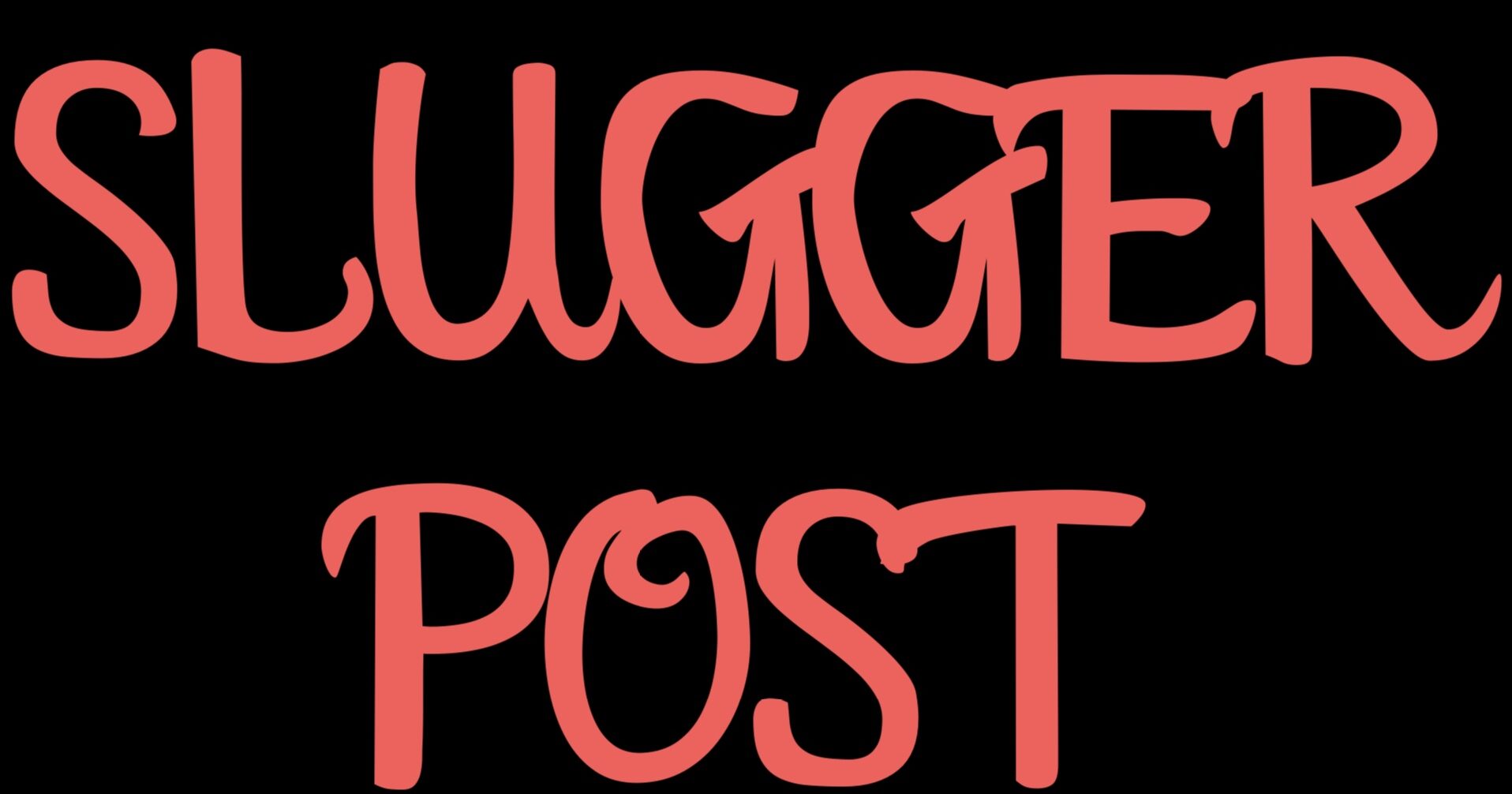Someone Lonely Considers Me a Friend. Should I Stay in His Life?
The magazine’s Ethicist columnist on the obligations we have to friends who are struggling.
Dec. 20, 2022

Sign up for The Ethicist newsletter, for Times subscribers only. Coming soon: Advice on life’s trickiest situations and moral dilemmas from the philosopher Kwame Anthony Appiah.
A person I’ve known for many years considers me a friend, even a good friend. Although I pretend to like him, spending time with him is seldom enjoyable and is actually often quite difficult. He is, I believe, profoundly depressed and has few friends, if any. He is invariably negative, and when questioned about seeming unhappy, is unwilling to consider any different perspectives, possible changes or therapy.
This person contacts me every couple of months to get together, and I put it off. Eventually I respond out of sympathy and guilt. When I see him I’m not gushingly friendly, but I try to be supportive and make him feel both liked and appreciated. And I believe he finds me entertaining. In short, he seems to have a good time.
He has remarked that I am always direct and honest about my feelings. I do normally detest phoniness, and have harsh feelings about two people in my own life who professed to be close, loving friends while secretly trashing me behind my back. I feel for this person, and would like to help him. But is friendliness a charitable act if it’s insincere? When someone is lonely and depressed, is it better to be a phony friend or not a friend at all? Name Withheld
“If equal affection cannot be,” W.H. Auden wrote, “let the more loving one be me.” In the romantic quest to find a person with whom to share a life, though, we really do seek someone who will fully reciprocate our feelings. We’re warned, accordingly, not to press ourselves on someone who, in the old formula, is “just not that into you.” Friendships are different; they come in a variety of intensities. Romantic love, if you’ll indulge the caricature, has a toggle switch; friendships come with a dimmer switch. Some friendships have the “one soul in two bodies” intensity that Montaigne wrote about. Other friendships involve vague good will and an actual conversation every other year. You seldom see each other, but you have a blast when you do.
Is there any real friendship between you two? I know you feel like a phony, but I’d guess that there is a friendship; it’s just asymmetrical and much lower in intensity on your side than on his. You care about him — as evidenced by the fact that you took the trouble to write this letter — even though you find your bimonthly time together more of a burden than a blessing. And, having maintained a friendly relationship for many years, you probably owe him more than ghosting him for good. So can you make things better?
You’re concerned that you’re being less than candid in your relationship with him. Yet full transparency isn’t an ideal to which friends usually commit. You might try to find a tactful way to tell him that what you judge to be his untreated depression can make him a difficult person to spend time with. Maybe that would encourage him to get the help he evidently needs. Maybe he’d simply be wounded, and end up further isolated. If the second outcome strikes you as the more likely, there’s a case, I think, for leaving things as they are. In your accounting, your meetings matter to him and don’t cost you very much.
I know someone whom I find very smart, talented and interesting. It has been two years since I met this person through my job, and at the beginning, she laughed whenever I made a joke and replied whenever I sent a message. She invited me to concerts, and I tried to go when I could. However, now whenever I propose an activity, she doesn’t reply. Other times, she will tell me that she would like to invite me to do something, but the invitation no longer comes.
I have also come to feel that she is not always comfortable around me. When we spoke online, the conversation was great. But the few times we met in person, it felt off. She was quieter and kept a distance. Her body was tense, and I was doing most of the talking. I tried to make jokes, propose different topics, ask questions; nothing seemed to work.
Finally, a month ago I asked her if anything was bothering her, because I felt that she didn’t like me. I provided her my reasons, and she responded by saying that I was very wrong and that she considers me a friend. When I wrote to her afterward, however, to ask for an opinion on something, or to share a small achievement, or to wish her luck for a presentation she had to do, all I got was silence. In between these events, my son was involved in an accident, and when I left her a message about this, she called me the same day, and then she called my son at the hospital. Then it went back to silence.
I have tried to let go of how much feeling ignored bothers me. I believe friendship is about caring and being there — as a shoulder, a support, a listener. To me, ours is not a good friendship. Maybe we just have different definitions of what a friend is. I cannot cut her off, because we must collaborate every now and then for a work project. Should I just ignore her and stop talking to her except for work, or should I tell her that her friendship style is not working for me? Name Withheld
Sign up for The New York Times Magazine Newsletter The best of The New York Times Magazine delivered to your inbox every week, including exclusive feature stories, photography, columns and more.
As I said earlier, we can have friendships that range widely in their strength and intimacy. They don’t, in every instance, have to be all in. C.S. Lewis once wrote that we picture lovers face to face, absorbed in each other, while we picture friends facing forward, absorbed in a common interest. The friends stand side by side, but perhaps not always terribly close together.
There are other definitions, other models: The Italian novelist Elena Ferrante, who conjured the famously electric relationship between Lila and Lenù, says she takes amicizia to be of equal intensity and complexity as her love for the man in her life, albeit without the eros. If you’re not all in, she thinks, you shouldn’t be called friends. Montaigne thought something similar.
We can have friendships that range widely in their strength and intimacy. They don’t, in every instance, have to be all in.
Here we have a friendship between two women that has some features of asymmetric intimacy (you’re the one providing her with an inventory of why you think she doesn’t return your feelings), and that seems to trouble you more than it buoys you. In a reverse of the situation discussed above, the friendship means more to you than to her.
I can try to persuade you that there’s value in an expansive definition of friendship, and of maintaining casual, always-great-to-see-you friendships, not just the ride-or-die kind. If you came around, you might accept the fact that, though this woman cares about you, she would rather keep the relationship on a low flame, and you would try to recalibrate accordingly. You wouldn’t force the friendship to be something it isn’t and feel aggrieved because the more loving one is you.
But emotions can’t always be adjusted to fit someone else’s model. You’re plainly of Ferrante’s school, and a friendship has to work for both of you. If you don’t see the value of the more distanced friendship she apparently wants, you may have to refile your relationship among what Montaigne called mere “acquaintance and familiarities.”
Kwame Anthony Appiah teaches philosophy at N.Y.U. His books include “Cosmopolitanism,” “The Honor Code” and “The Lies That Bind: Rethinking Identity.” To submit a query: Send an email to ethicists@nytimes.com; or send mail to The Ethicist, The New York Times Magazine, 620 Eighth Avenue, New York, N.Y. 10018. (Include a daytime phone number.)



